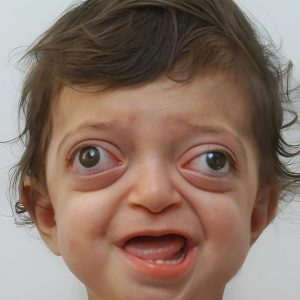For a lot of men, changes “down there” can feel like a serious blow to their identity. The penis, once a symbol of youth, strength, and sexual confidence, isn’t immune to the effects of aging. We hear plenty about graying hair and dad bods, but not much about what happens when your penis starts showing signs of age too.
Let’s break it down—no fluff, just facts.
1. Yes, It Can Shrink
Starting around middle age, many men notice their penis isn’t quite the same size it used to be—both in length and girth. And no, it’s not just in your head. Doctors say this happens due to decreased blood flow, lower testosterone levels, and plaque buildup in the penile arteries—similar to what happens in heart disease. It might be unsettling, but it’s a normal part of getting older.
2. Erections Change Too
Rock-hard erections may not be as common as they once were. As testosterone drops and circulation slows, erections can become softer or less frequent. ED medications like Viagra can help, but they mostly treat the symptoms, not the underlying cause. It’s important to understand this is a physical change—not a reflection on your worth or manhood.
3. Peyronie’s Disease Is More Common Than You Think
This condition causes curved, sometimes painful erections due to scar tissue forming inside the penis. Around 10% of men over 50 deal with this, but many stay quiet out of embarrassment. It’s treatable, and opening up to a doctor can really help—so don’t suffer in silence.
4. Scrotum Changes
It’s not just the penis. The scrotum also changes with age. It may hang lower due to gravity and aging skin, and the testicles themselves might shrink a bit. The skin gets thinner and more wrinkled too. These changes are mostly cosmetic, but they can still impact your self-image.
5. Sensitivity Can Shift
Sexual sensation might decrease—or in some cases, increase. Some men find it takes longer to orgasm; others become extra sensitive, like they’re teenagers again. Hormones, aging nerves, and even prostate changes can all play a role. Every guy experiences this differently.
The Mental Side: “Am I Still a Man?”
These physical changes can take an emotional toll. For many men, sex and masculinity go hand in hand. So when erections change or desire dips, it can trigger shame, anxiety, or even depression. The key is knowing this is normal—and that support is available. You’re not alone.
Final Thoughts
Getting older doesn’t mean your sex life is over—not even close. Learning what to expect, talking to your doctor, and staying open with your partner can go a long way in keeping your confidence and intimacy strong. Change is a part of life. How you handle it? That’s up to you.





